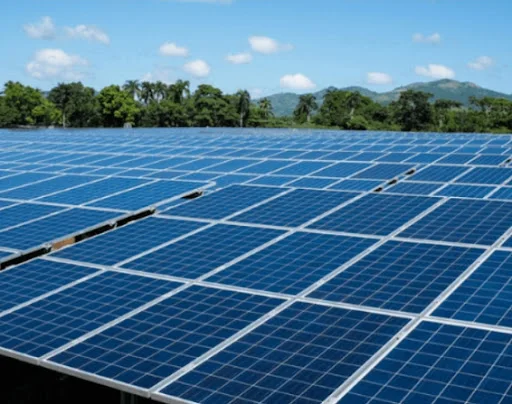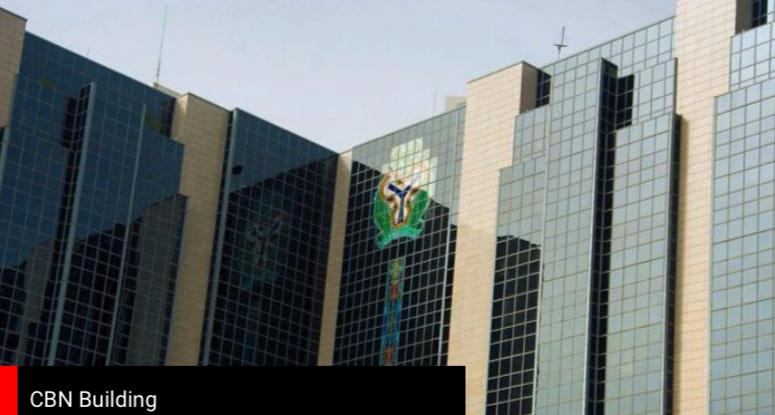Naira Woes Slow Solar Battery Adoption Despite 85% Price Drop
By Abass Ganiyu
Lagos, Nigeria – July 20, 2024 – Despite an impressive 85% reduction in solar battery prices over the past few years, the adoption of this crucial renewable energy technology in Nigeria remains sluggish. The primary culprit? The persistent woes of the Naira, Nigeria’s national currency.
As global prices for solar batteries have plummeted, driven by advancements in technology and increased production capacities, one would expect a corresponding surge in adoption, especially in countries like Nigeria that are grappling with energy challenges. However, the opposite seems to be happening.
Economic analysts point to the weakening Naira as a significant barrier. The currency’s depreciation against the US dollar has eroded purchasing power and increased the cost of imported goods, including solar batteries. For many Nigerians, the financial burden of investing in solar energy solutions remains prohibitive, even with the steep decline in prices.
“In theory, the price drop should have made solar batteries more accessible to the average Nigerian. But the reality is that the exchange rate has offset these gains,” says Chukwuemeka Onyekachi, an energy economist based in Abuja. “What we’re seeing is a situation where the Naira’s value has fallen so much that even significant price reductions in global markets aren’t enough to make these technologies affordable locally.”
This economic strain comes at a time when Nigeria’s energy sector is in dire need of reform and innovation. Frequent power outages and the high cost of fuel for generators have made renewable energy solutions like solar power increasingly attractive. Yet, the financial barriers persist.
Small businesses and households, who stand to benefit the most from solar energy, find themselves caught in a difficult position. While solar panels have become more common, the necessary battery systems that store energy for use during non-sunny periods remain out of reach for many.
Ngozi Ekene, a small business owner in Lagos, shares her frustrations: “We invested in solar panels a few years ago hoping to cut down on generator costs, but without affordable batteries, we still face power interruptions. It’s a catch-22 situation.”
The government has acknowledged the issue and is exploring potential solutions. There have been calls for more supportive policies, such as subsidies for renewable energy investments and incentives for local production of solar batteries to reduce dependence on imports.
In addition to economic measures, financial institutions are also being urged to provide more favorable credit terms for renewable energy projects. “Access to affordable financing is crucial. If banks can offer lower interest rates for solar investments, it could significantly boost adoption rates,” suggests Olusegun Adebayo, a renewable energy consultant.
Despite the current challenges, there are glimmers of hope. Initiatives like community solar projects and partnerships with international renewable energy organizations are helping to bridge the gap. Furthermore, continued advancements in technology promise to further reduce costs and improve the efficiency of solar batteries.
For Nigeria to fully leverage the benefits of solar energy, it will require a concerted effort from both the public and private sectors. Strengthening the Naira, implementing supportive policies, and fostering innovation in the renewable energy sector will be key to overcoming the current hurdles.
In conclusion, while the drastic drop in global solar battery prices is a positive development, Nigeria’s Naira woes continue to pose significant challenges to widespread adoption. Addressing these economic barriers is essential for the country to transition to a more sustainable and reliable energy future.




Comments
Post a Comment